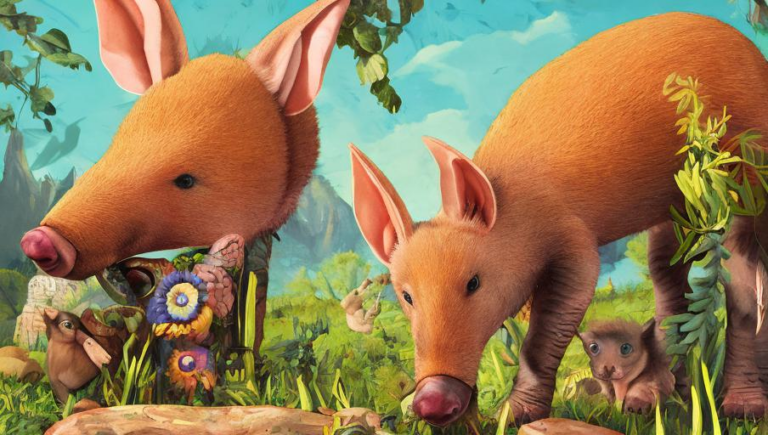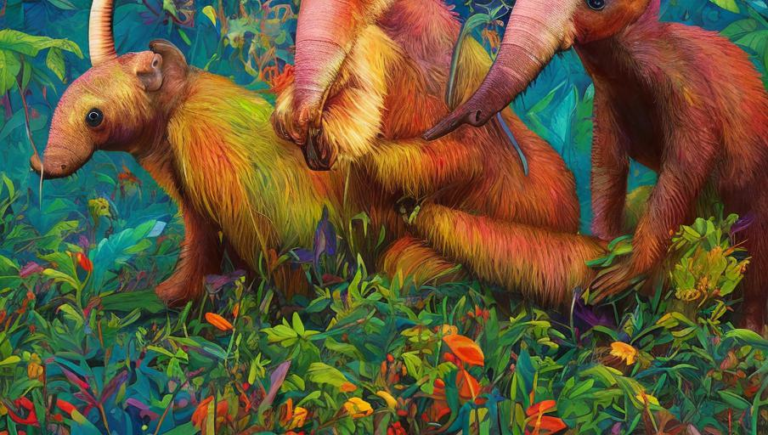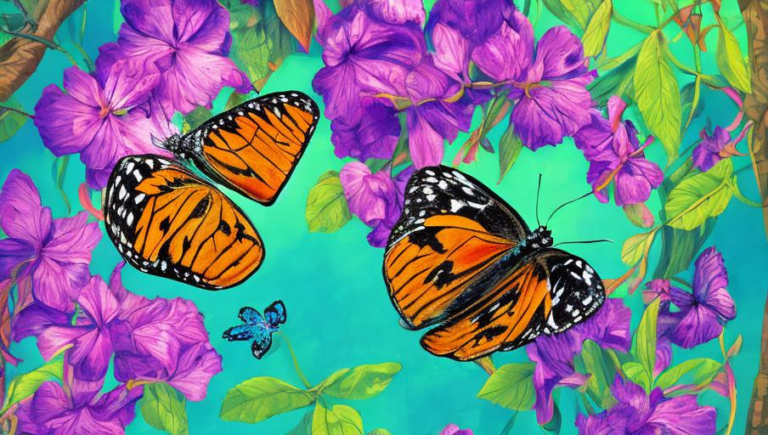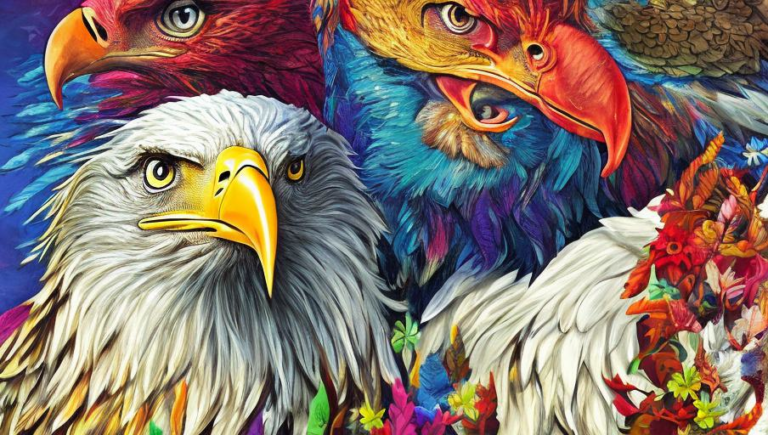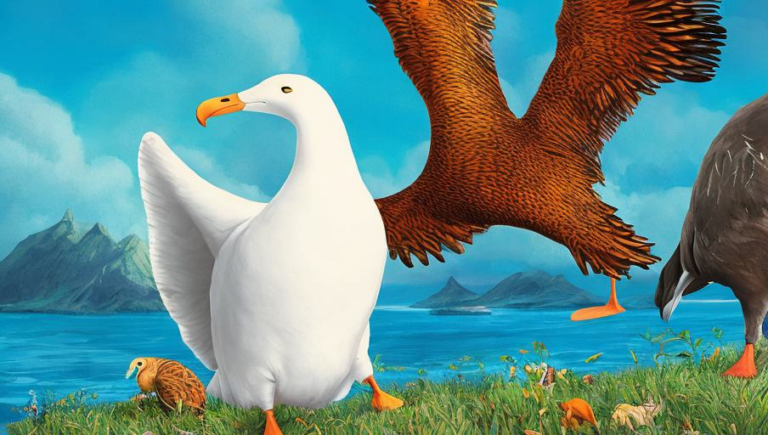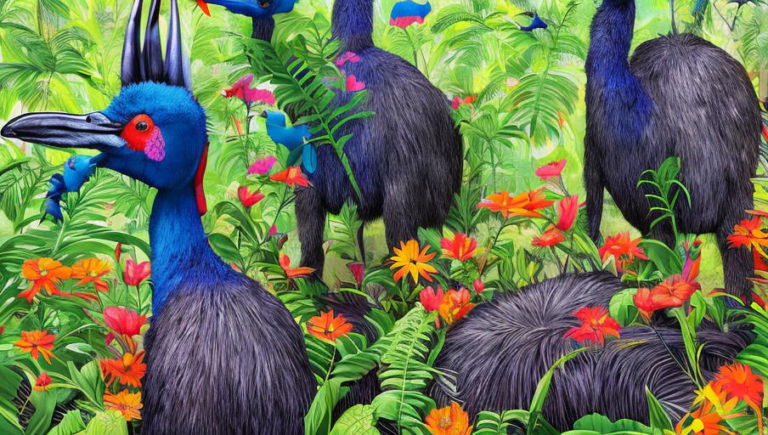Mapping the Crow’s Diet
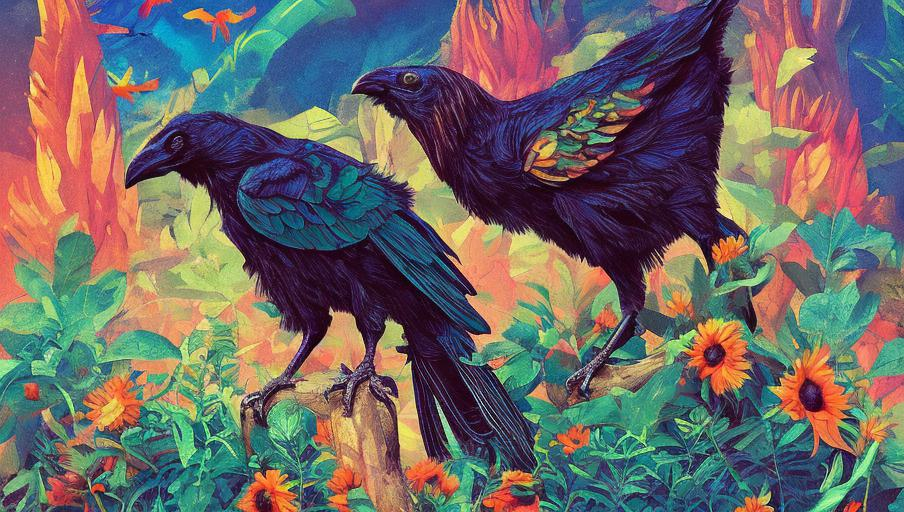
Mapping the Crow’s Diet
The crow is one of the most widely distributed birds in the world, found in a range of habitats including forests, fields, and urban areas. While they may be considered a nuisance by some, crows play an important role in the environment, helping to keep ecosystems healthy. Crows are omnivores, consuming both plant and animal matter in their diet. They are also known to be opportunistic feeders, eating whatever is available to them.
Fruits and Vegetables
Crows are known to eat a variety of fruits and vegetables, including berries, nuts, and seeds. They are often observed foraging for food in fields, gardens, and orchards. In addition to these foods, crows will also eat other plants, such as corn, wheat, and oats. They may also consume insects, larvae, and other small animals.
Insects and Insect Larvae
Crows are known to eat a variety of insects, including grasshoppers, crickets, beetles, and caterpillars. They may also eat insect larvae, such as grubs and maggots. They are also known to eat spiders and other small arthropods. Additionally, crows will often eat carrion, or dead animals, if they are available.
Mammals and Other Vertebrates
Crows are also known to eat small mammals, such as mice, voles, and shrews. They will also eat other vertebrates, such as frogs, lizards, and snakes. They have even been observed eating small birds, such as finches and sparrows. Additionally, crows may consume eggs and nestlings.
Garbage and Human Food
Crows are known to be opportunistic feeders, and will often eat whatever is available to them. This includes human food, such as bread, popcorn, and other snacks. They are also known to eat garbage, such as discarded food, paper, and other items. While these foods are not particularly healthy for crows, they can be a source of sustenance in areas with limited food sources.
The Importance of a Balanced Diet
It is important for crows to have a balanced diet, as they are highly adaptable animals. A variety of food sources ensures that crows can get the nutrition they need to remain healthy. It is also important for crows to have access to clean water, as they are prone to dehydration if they do not have access to clean water sources. By understanding the diet of crows, we can better understand their role in the environment and how to best protect them.
